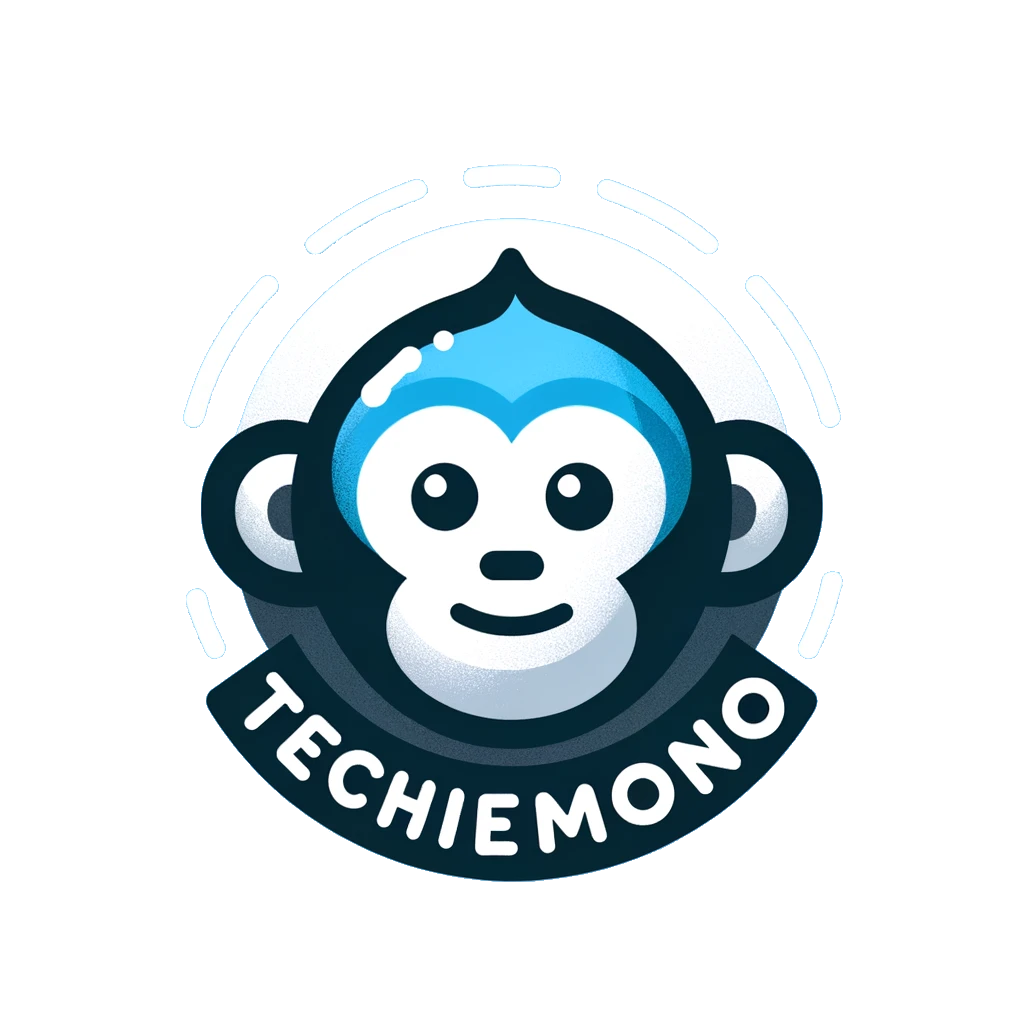This entry will be the last of this series on product management from the trenches, focusing on the more psychological aspects of this journey.
To be honest, I don’t consider this adventure as part of my professional success. It is true that I managed to build a relatively large team (more than 20 people) and that we established mechanisms and processes to professionally develop the product function within the organization. Additionally, we achieved the goals we had set in alignment with the company’s strategy.
All this work led to the cultural transformation around this practice and the culture of this product team. Despite being intentional, I didn’t realize how deeply it had permeated the people in the organization, at least within my team, until I decided to leave.
I don’t consider it a success story because I basically burned out along the way. The psychological and mental wear and tear over these thirteen months was brutal, to the point that I decided to leave for self-preservation. There came a time when I was more concerned with managing the impacts of the various people’s agendas on my team and our activities than with our own work.
Obviously, professional careers are not linear, and in a way, I am happy with this adventure for all the lessons I learned. These lessons have led me to where I am now, where I feel very fortunate to have landed for many aspects that I will detail on another occasion.
In this entry, I would like to share some decisions I made to manage my stress and mental health. If you should take away one conclusion from this text, it is: take care of yourself. How did I do it in my case?
Several lines of work, all with the same idea in mind: dedicate quality time to reflect and see beyond my own knowledge and experience. I was very concerned about having a blind spot that would lead me to overlook something important when making decisions. It was like the division test we did in school, to ensure that the decision had gone through a relatively exhaustive review process.
The first line of work was to try to build my own committee of experts, with people inside and outside my environment: colleagues from other ventures, friends, and people within the organization. They helped me reflect on different aspects of this adventure (strategy, relationship with the C-level and CEO, etc.), and I am immensely grateful. They know who they are, so if you are reading this text, thank you very much.
On the other hand, I started working on my self-awareness in two dimensions. One, focused on my thought process and reaching conclusions about what I think and perceive about myself. I did this through an executive coach and psychologist who helped (and helps) me see my own movements as in a mirror. The second dimension, more focused on how I perceived others, I developed by studying a master’s degree in coaching and mentoring, which gave me the tools to have more revealing conversations with my team and other people in the organization.
One of these tools was to share my concerns more openly with my team, my peers in the C-level, and my boss. Some may see it as a form of weakness, but I learned that this way they can help not only solve my challenges but also consider these factors when solving their own, which, by extension, helped me as well.
In addition to seeking my own executive committee, I also sought professional help in product management through the team at The Hero Camp. I saw myself as a change agent within the organization, but I knew you can’t change the course of a river by throwing just one stone. I needed to form a critical mass of change agents, train the team, and find someone who spoke my language when tackling the challenges I faced.
Obviously, this did not happen overnight and was a process of many iterations, with many difficult conversations and empowering the team a lot, giving them confidence and the tools to operate sustainably. I like to say that the idea behind the processes and culture of my teams is that I should be dispensable and that everyone should have the tools to continue the business in any eventuality. Maybe it’s because of my more associative leadership style, but I have always thought that to get the team moving on its own, you have to create an environment of trust and complicity, often taking that first step in giving trust. This can be risky, but I always have this SpongeBob quote in my head:
SpongeBob: What if I ever break your trust?
Patrick: Trusting you is my decision, proving me wrong is your decision.
In summary, this final entry in the series on product management from the trenches explores the psychological aspects and crucial decisions I made to manage my stress and mental health. Over thirteen months, I achieved a significant cultural transformation within the product team, establishing professional processes and mechanisms in the practice of product management. However, the psychological wear and tear was considerable, which led me to the creation of a committee of experts and working on self-awareness with the help of coaching and mentoring techniques. Additionally, it is essential to highlight the importance of empowering the team, fostering an environment of trust and autonomy, thus ensuring the project’s sustainability and success.
Thank you very much for reading this series of entries. If you have any questions or want to discuss some ideas or your own, I will be happy to hear from you through any of the channels on the cover. Best regards and see you soon.

